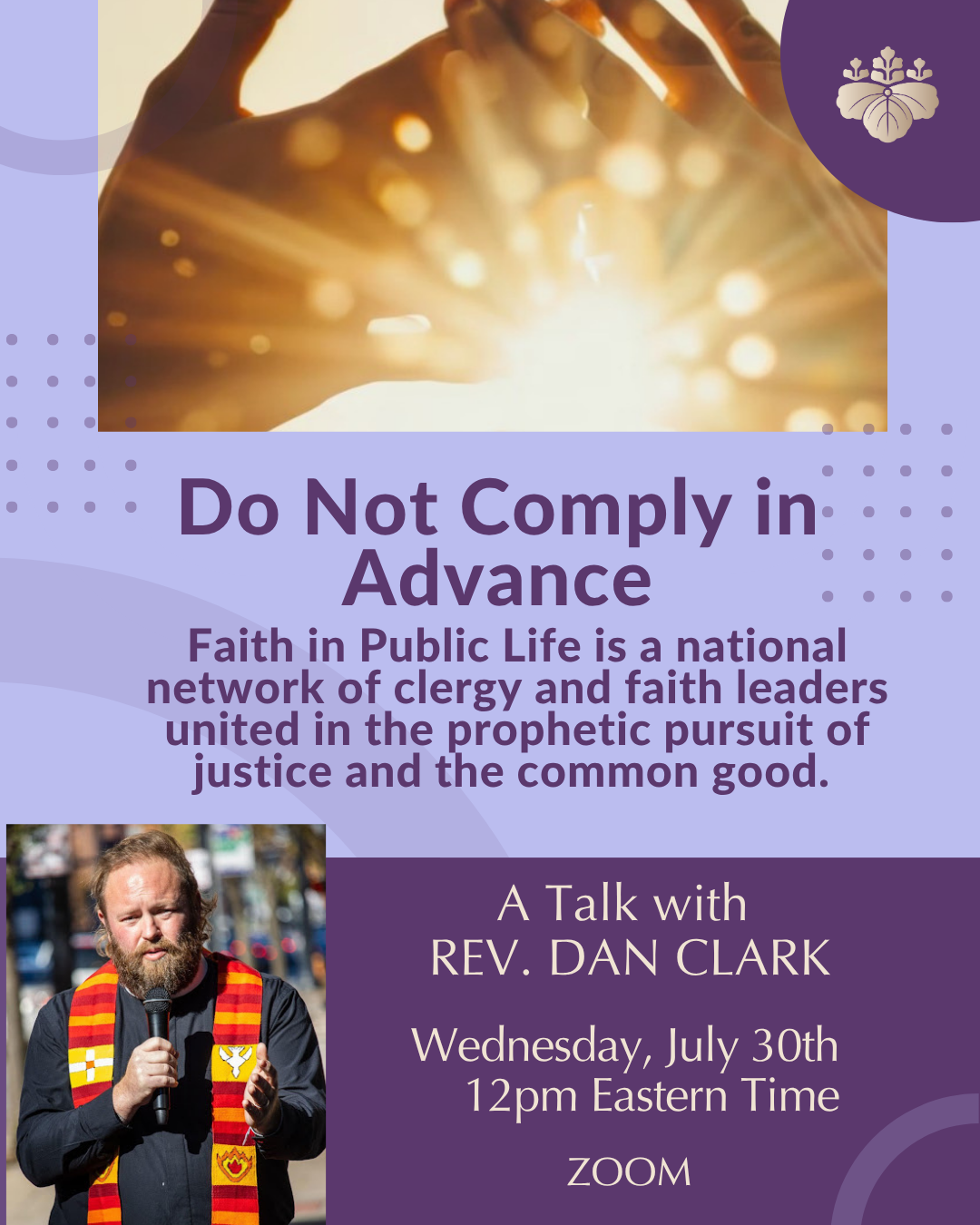A Place at the Table is produced by Participant Media, which has a history of making slickly-produced documentaries that take on large issues, and this film is no different as it touches on multiple topics like subsidies for industrial farms, the social stigma of accepting food donations, the effects hunger has on early childhood development, school meal programs and the pathetic amount the government allots per child per meal, and a lot more, featuring interviews with people like food activist Marion Nestle, Top Chef‘s Tom Colicchio, Witness to Hunger’s Mariana Chilton, and actor Jeff Bridges, who’s the founder of the End Hunger Network.
As was true with other Participant documentaries like Food, Inc. and Countdown to Zero, A Place at the Table is meant to give you a general overview of a complex, multi-faceted issue. A lot of topics get touched on, many of which could probably be the subject of their own film, so if you’re looking for a lot of detail or in-depth investigative work, you won’t necessarily find it here. But what you will get, which I think a lot of people (including myself) need, is a general overview of how bad the hunger and nutrition problem is in America and why our system is so screwed up.
The film also raises questions that must be asked and answered. For instance, why does the U.S. government give more in subsidies to giant industrial farms that feed the processed food industry than it does to small farms that grow fruits and vegetables? Why does the richest country in the world allow so many of its citizens, particularly children, to go hungry? Why do we allow republicans to paint programs like food stamps and school meals as government handouts to the lazy when they’re actually an investment, since America’s future and economy will only succeed if we’re able to produce healthy, attentive kids who will become the educated workforce modern industries require?
As is often the case, even with a challenge as big as hunger, awareness and legislation are the key, and A Place at the Table is a great way to spread awareness about food insecurity and to start the discussion on ending hunger in America. After all, if we accept the fact that too many Americans suffer from food insecurity, and that the US is both the richest and the fattest country in world history, is it really asking too much that our government, not a patchwork of overextended charities, should ensure that all Americans, especially children, have enough to eat?



